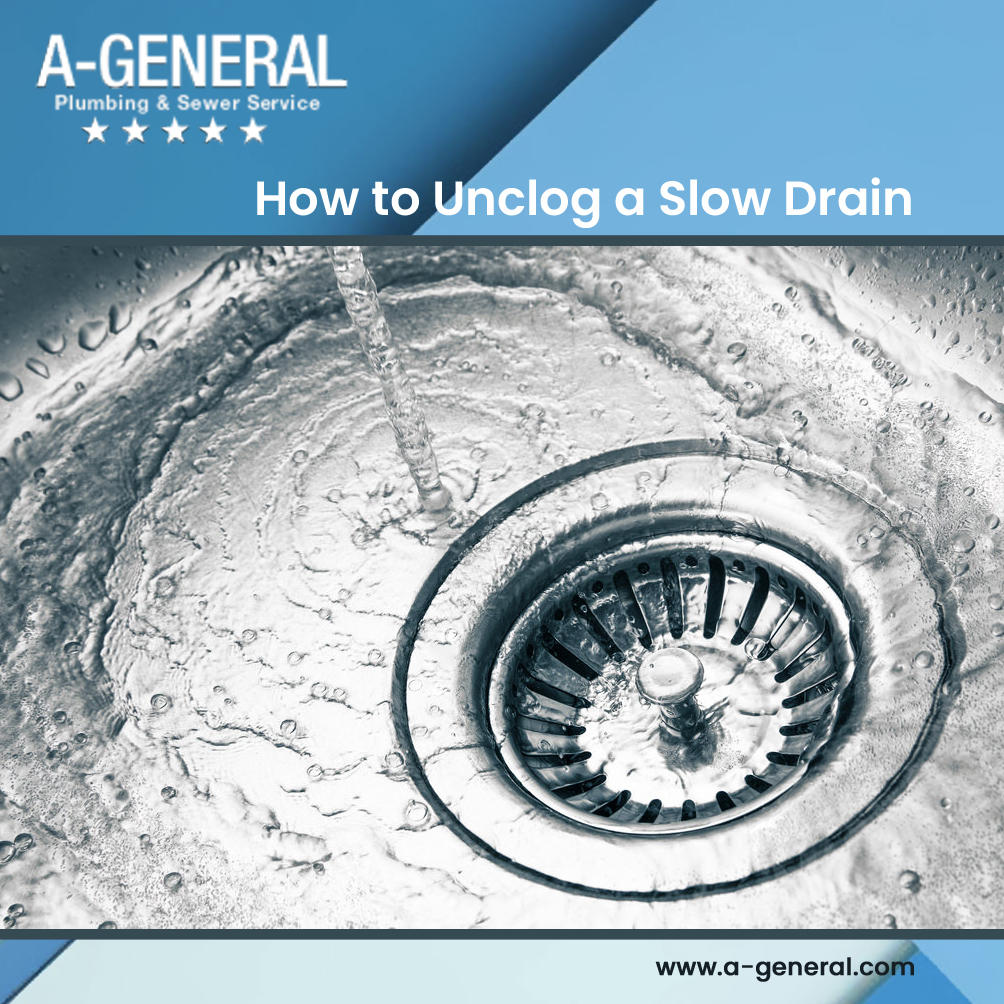Do you need to call a 24-hour emergency plumbing service the moment you notice a clogged drain? Or do you first need to try a few DIY tips and tricks to get things in order, and only when they seem futile should you call in the 24-hour emergency plumbing service.
Prudence in the world of emergency plumbing says that we first try our own little gigs and if things don’t seem effective enough do we call in the ocean county plumbing repairs if you are in the area.
Among the more used tricks that the Monmouth county emergency plumbing services recommend to their clients, the following remain fairly common:
1. Baking soda, vinegar and hot water
If baking soda can bake, it can also break! Yes, baking soda and vinegar as a combination are known for their ability to dissolve small quantities of hardened soap, the oily residue of creams and lotions and the like. For clogged drains first, pour dry baking powder down the drain and add a cup full of vinegar. A tell-tale bubbling (fizz like soda) can be heard if the process goes right. When the bubbling and clicking subsides, pour half a bucket of very warm to hot water down the drain. If the obstruction is only oily stuff, this should break it down and wash it with warm water.
2. Use a plunger (plumber’s friend)
The next best thing that Plumbers in the Red Bank of NJ use very often to unclog drains is the plunger which in certain places is also called the Plumber’s friend for obvious reasons. For the uninitiated, the plunger is like a half-cut ball with a handle attached to the outer side on top. The action of pushing down the handle pushes down air into the open end of a pipe creating shock waves that push water onto the obstruction. If the obstruction is small and you push quite a few times, it does help. Remember to first close the drain (with its own cover or with a piece of cloth), fill the sink with water, slowly remove the drain cover/ cloth, and then pump downwards vigorously.
3. Use a plumber’s snake
If the plumber’s friend doesn’t work, a plumber snake should! Speaking of snakes, a few Monmouth County emergency plumbing services have them as long as 20+ feet! But that is for commercial uses. For home uses, typically these are not more than a few feet long. The body of the snake is made of flexible material including cables that are enclosed in a plastic sheath. At one end, it has an arrangement that resembles a small ball with spikes that are purpose-designed to rip open obstructions and drag back material including hair strands that refuse to get dislodged. At the other end, there is a small turning arrangement that helps turn the snake (similar to the action of an electric drill) so that the spike head rubs the sides of the sink drain. This action helps dislodge gunk and hairballs from their place while also dragging them back to their origin.
4. Open the P trap
If all this doesn’t work, the resident may have to open the P trap below the sink. The P trap is a U shaped piece of pipe that holds water in it and helps keep out the gases that may washback from the drain into the basin. Opening it at both the ends (the sink and the outlet- mostly on the wall), it needs to be drained and cleaned. Once clean it needs to be fitted back the same way it was opened. Always pour water into it otherwise the gases from the drain may pervade all over the house.
5. What you should do to avoid clogged drains
Ideally, a drain should never be clogged if care is taken at the right time- which means at the very moment that the offending material drains into it. The following steps help:
– Never let long strands of hair fall into any drain. Remove and dispose of the same into a waste-paper basket which needs to be disposed of with dry waste
– Never let make-up accessories that are greasy go directly into the drain. Collect it in a waste-paper basket, and similarly dispose of with household waste
– Regularly pour warm to boiling water into the drain to dissolve the greasy and soapy residue
Drains are a necessity in homes and ought to be used with care and caution to avoid unnecessary untoward situations.

